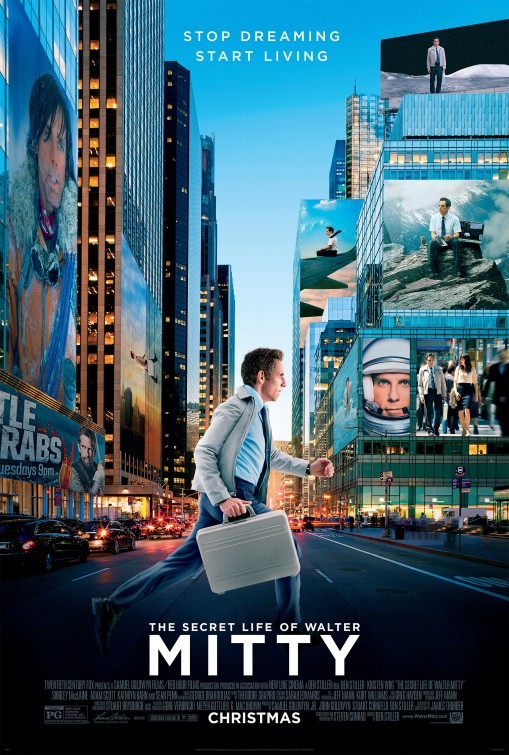“The magic is only in what books say, how they stitched the patches of the universe together into one garment for us.” ― Ray Bradbury, Fahrenheit 451
Books are
my life. I grew up loving books, being
the youngest of three children; and being the only girl in my family and my
neighborhood. My mom and I were the only ones who loved reading, and it was
something sacred between us. Though I found times to do other things I enjoyed,
but when I found pure serenity was in a book. But what if we ran out of reading
material, what is there were no more books? What if books were banned? This is
the book lovers greatest fear!
Abibliophobia
is the fear of running out of reading material, and with my self- diagnosing
talents, I sure know that I have this phobia. I always get afraid that I will
run out of books and things to read, and I know this may seem irrational or
silly, but it is a real fear. I could not imagine a world without books, life
would just not be the same.
In
the book Fahrenheit 451, life is not the same. Books are not allowed, it
is a crime to even own a book. If you have a book in your house, it will be
burned by the ‘firemen’. Books are made out to be evil, they are full of lies
and fake people, well that is what the society thinks. The main character Guy
Montag, who is a fireman, and burns books in his society. He is known as a ‘fireman’.
But he has a big secret, and he wants things to change, he is tired of things
being the way they are.
“It doesn't matter what you do...so long as you change something from the way it was before you touched it into something that's like you after you take your hands away.” ― Ray Bradbury, Fahrenheit 451
So while reading this book, it really brought to my
attention, that there are two possibilities. Number one: this type of world in
any sort of way will never happen, because we will be able to stir ourselves
away from that sort of world. And that it is logically possible for our world
to turn into a dystopia because we will never let that happen. Number two: we
turn into a ‘dystopian’ society, and begin becoming controlling and either
having an oppressive government or no government at all. We begin to have
extreme poverty for everyone or a huge level of poverty, propaganda begins to
be posted and controlling minds, and free thinking and independent thoughts
become banned. Many of these examples we have read about in books, such as
Fahrenheit 451. There doesn’t seem like much of an option anymore. Will we one
day be controlled by a higher power that doesn’t let us have thoughts or
opinions? Will we no longer have books?






